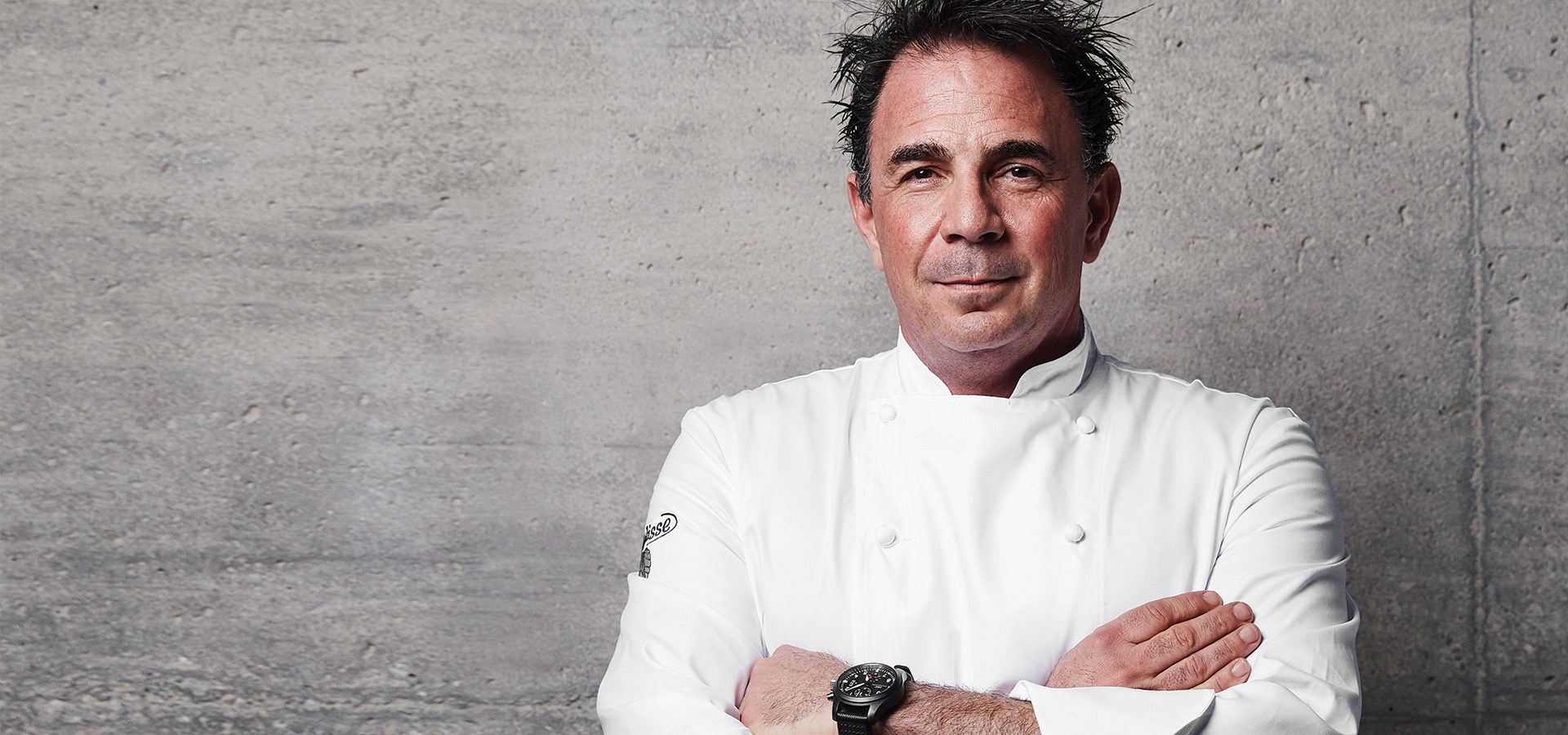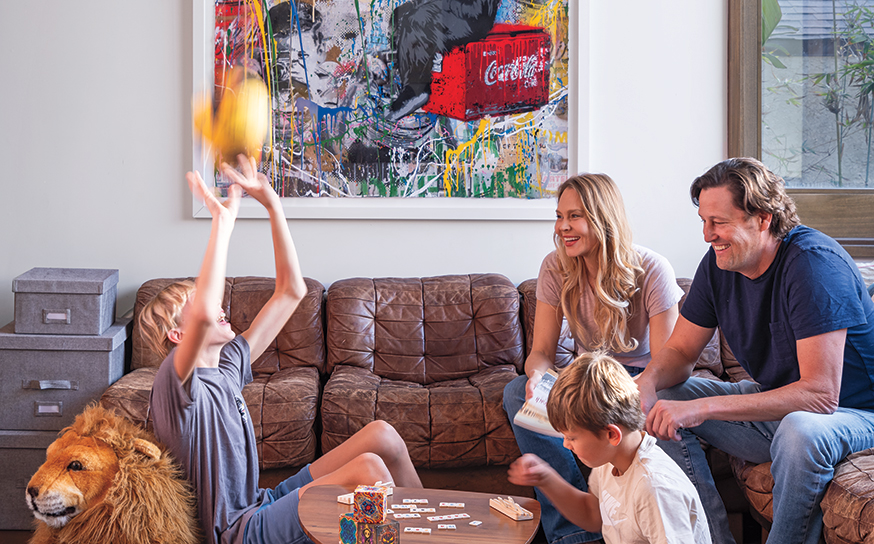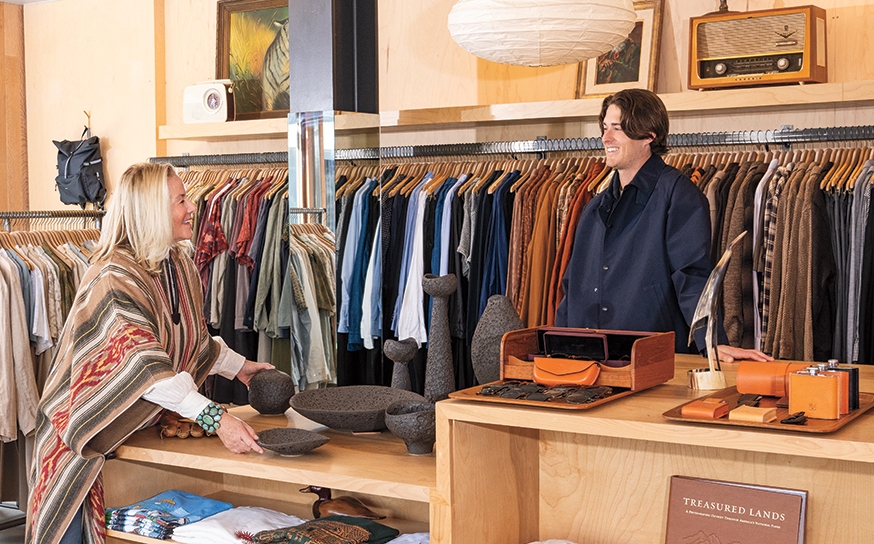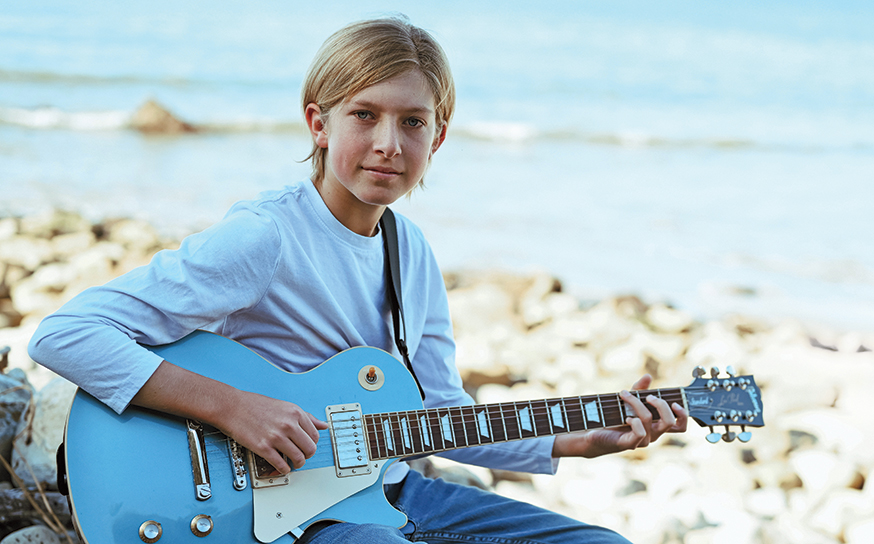The South Bay Welcomes Renowned Chef Josiah Citrin with Delicious Costa
Homegrown haute.
- CategoryEat & Drink, People
- Written byBonnie Graves
For years Los Angeles took a back seat to New York City, Chicago and San Francisco in the culinary world. Sure, we had a few nascent names like Wolfgang Puck, but haute cuisine and the fine dining scene was to be found elsewhere. That changed—and radically so—about 20 years ago when a spiky-haired SaMo High alum named Josiah Citrin came home to Los Angeles to launch his career as a chef.
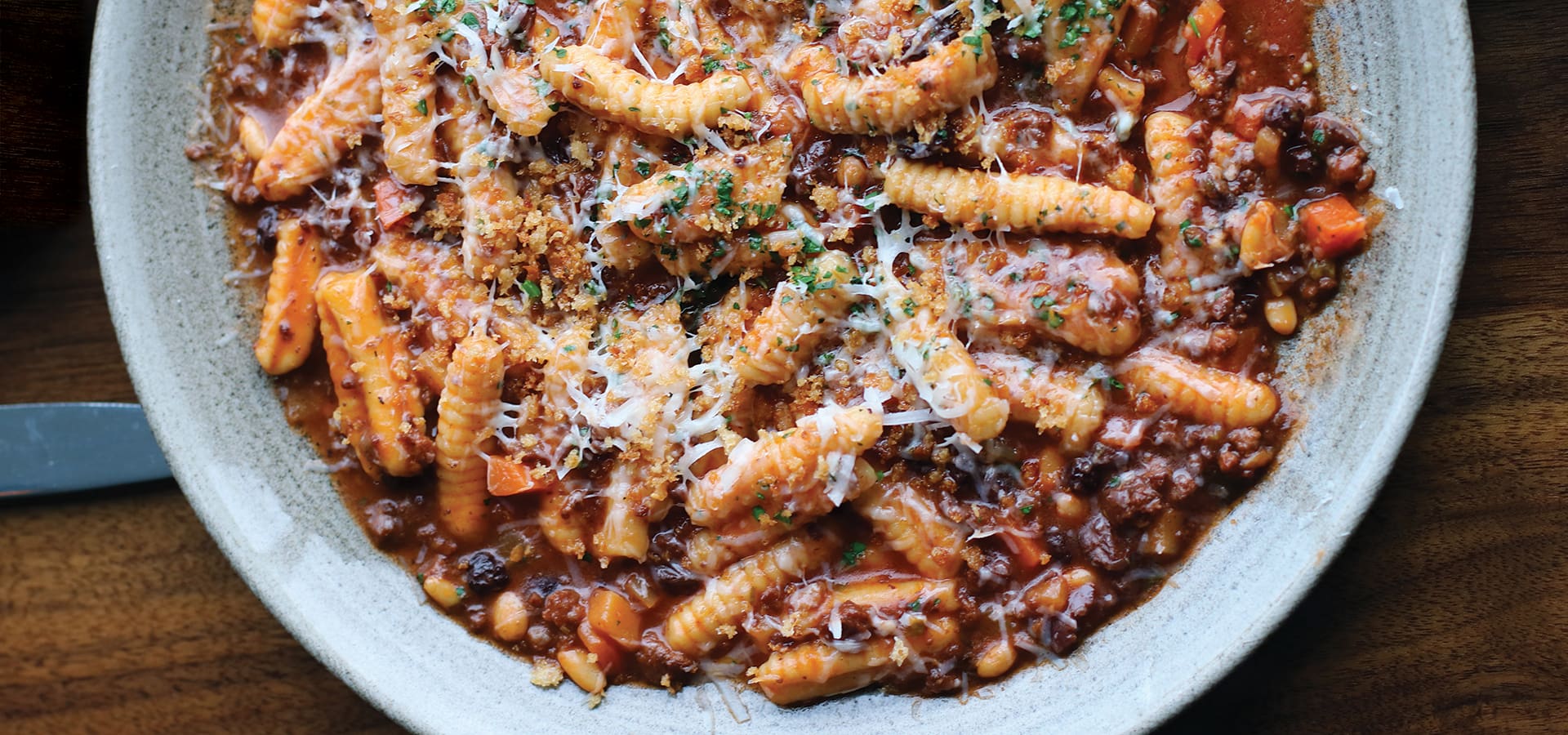
The South Bay and its emerging food scene got a serious adrenaline boost when Chef Josiah picked Manhattan Beach for his most recent opening in late 2019. Costa is his latest offering in a suite of restaurants that includes fine dining temple Mélisse and down-market but delicious Dave’s Doghouse.
Chef Josiah is impressive in his ability to span so many different food concepts and execute each one effectively. How his sensibility would play out amidst the crowds along Manhattan Avenue was a question of concern. Do sandy-footed surfers have any interest in foie gras?
A recent dinner at Costa revealed the careful balance the chef has achieved between casual dining and his inability to plate things less than perfectly. (He’s known as a stickler for detail; just ask the many sous chefs whose careers he’s impacted with his exactitude and impatience for sloppiness.) The food over-delivered and then some.
A gorgeous Little Gems salad with shaved vegetables might have been pedestrian; instead it looked like something out of a colorful Van Gogh painting with a super tasty caper vinaigrette bringing a tangy edge. A fritto misto felt appropriately beachy but was elevated by fennel, avocado and a preserved lemon aioli. Technique shows too; it’s always nice to see a piece of beautiful beef seared to a perfect medium-rare, cut correctly across the grain and plated with precision.
If pressed to pick a favorite entrée, the vote might go to the pork dish, which is unusual. Chef Josiah’s version at Costa is a shoulder cut, again cooked to an exactly perfect pale pink and finished with charred scallion, stone fruit and a pleasantly herbal bit of basil.
Lastly, that Nutella bread pudding with salted caramel ice cream is anathema to swimsuit season, which unfortunately is year-round in Manhattan Beach. But if you’re looking to splurge, that’s the way to do it for sure.
The coronavirus-related dining restrictions have put enormous financial pressure on chefs like Josiah. Fortunately, takeout and improved outdoor dining areas along Manhattan Avenue have helped Costa survive what other restaurants have not. We took this time to catch up with the chef to learn more about his personal culinary influences, the developing L.A. dining scene and how the embattled restaurant industry can weather the disaster that has been 2020.
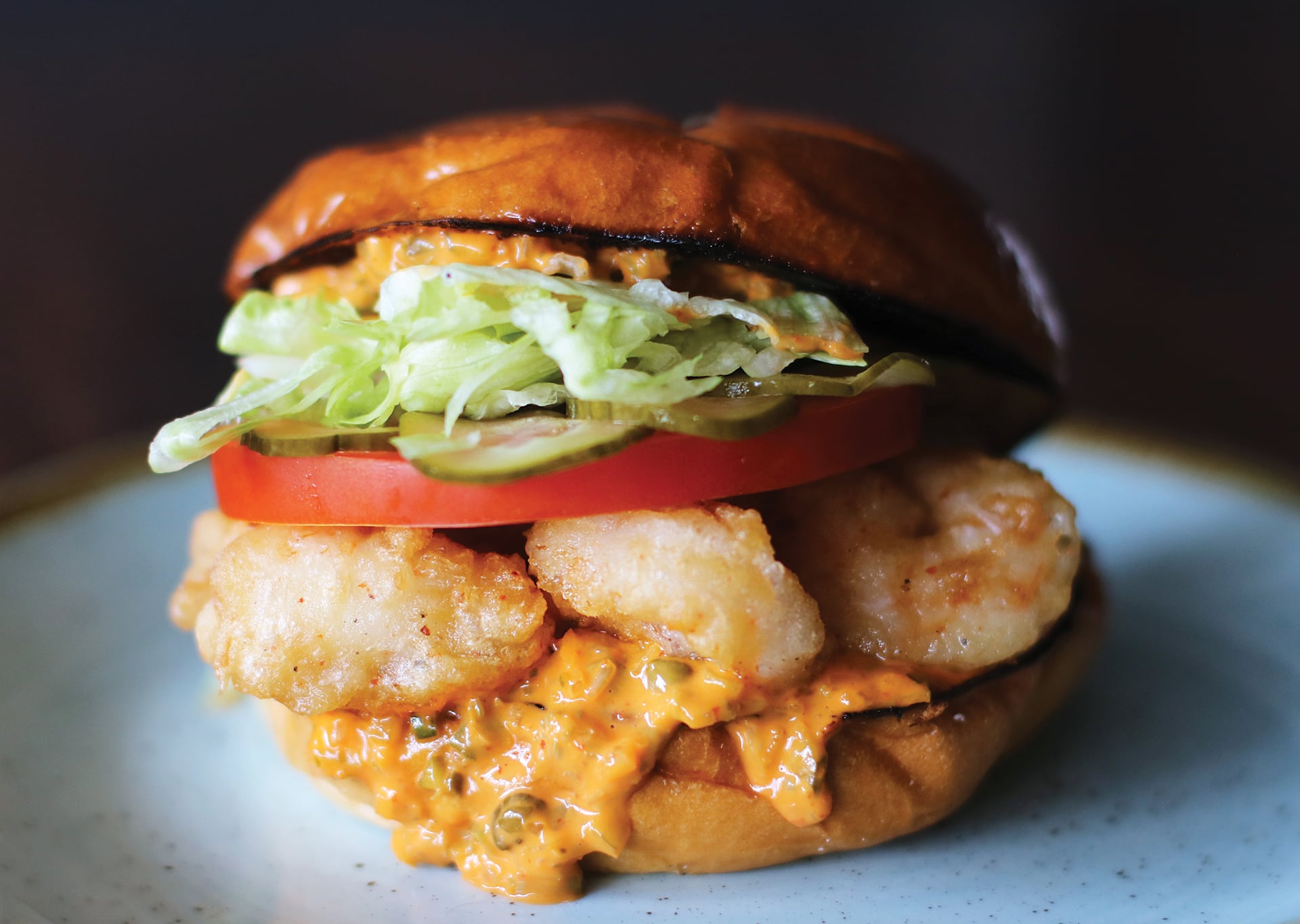
You’re a local chef in the truest sense of the word. As a kid going to Santa Monica High School in the ’80s, how did you figure out that you wanted to be a chef? What was the dining scene like back then?
I spent a lot of time watching and helping both my grandmother and mother in the kitchen. In fact, my mom had her own catering company when I was a kid, so growing up in the kitchen felt so natural. The ’80s gave rise to the celebrity chef and actually recognizing chefs like Wolfgang Puck. Walking by Chinois on Main as a kid gave me the inspiration and excitement for becoming a chef.
After your time apprenticing in France, you came back to L.A. and worked with its two most iconic chefs—Wolfgang Puck and Joachim Splichal—before launching your own empire. How would you describe the impact both had on your evolution as a chef? What lessons were the most valuable takeaways from those years?
Working with Wolfgang Puck introduced me to the importance of local produce, which is an integral part of how I cook in each of my restaurants, as well as the different styles of cooking between Chinois, Eureka! and Spago. Everything was done with such love and care. Working with Joachim Splichal introduced me to an incredibly fast-paced kitchen with an emphasis on techniques. Most importantly, Joachim really helped me understand the business side of the restaurant industry—turning a profit so your restaurant can remain successful while maintaining elegant, delicious food. Both are equally important in such a high-stakes industry.
Mélisse gave you Michelin stars and redefined fine dining in Los Angeles. (It still stands out as the most expensive meal I’ve ever had, thanks to friend Brian Kalliel’s wine selections back in the day!) With Charcoal you took on the grill. With Dear John’s you took on the classic steakhouse. And then you even tackled Boston frankfurters with Dave’s Doghouse. When you are considering a new concept, what makes you want to take something on? Is neighborhood as much a factor as cuisine? It’s rare for a chef to have the kind of hybrid culinary skill set that you possess—from Michelin cuisine temples to arena hot dogs.
Yes, neighborhood is definitely a factor when creating a new concept. I like playing with different types of foods and techniques, whether it be a focus on pasta dishes or maybe grilling fish on a plancha. These are things that are exciting and help inspire a new concept. Whatever the concept may be, everything is being prepared in excellence.
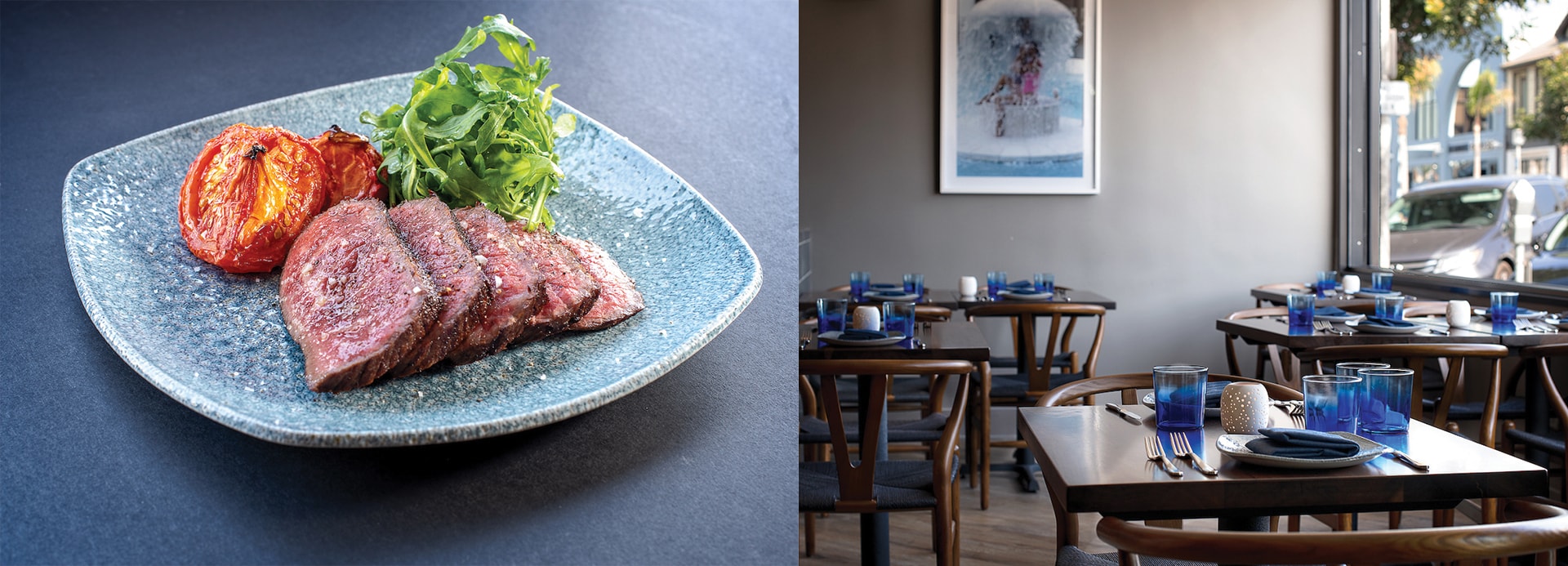
Speaking of neighborhoods, what attracted you to Manhattan Beach? If you had to characterize Costa’s cuisine and vibe, how would you describe what you’re trying to bring to the South Bay with your first opening here? What are the positives and negatives of opening in the Beach Cities?
Manhattan Beach is a fun beach town. I have such great memories surfing there as a kid. In fact, the only WSA surfing competition I won as a kid was in Manhattan Beach. I wanted to bring a fresh cuisine with really great ingredients and a high level of preparation. Manhattan has always felt fun to me, and I wanted the vibe of the restaurant to carry that over. The positive with opening up in a Beach City is that most of the people are friendly and laid-back. I guess the downside in a Beach City is that it’s just a half-circle of people around you with the ocean on the other side, so it’s fewer directions people are traveling to come and visit you.
Many of L.A.’s biggest chefs are supporting the federal Restaurants Act of 2020 (HR 7197). What can foodies in the South Bay and beyond do to best support our local restaurateurs at this time?
It’s crucial to eat at your favorite restaurants any chance you get, order takeout and keep bugging your local representatives to get the Restaurants Act passed.






